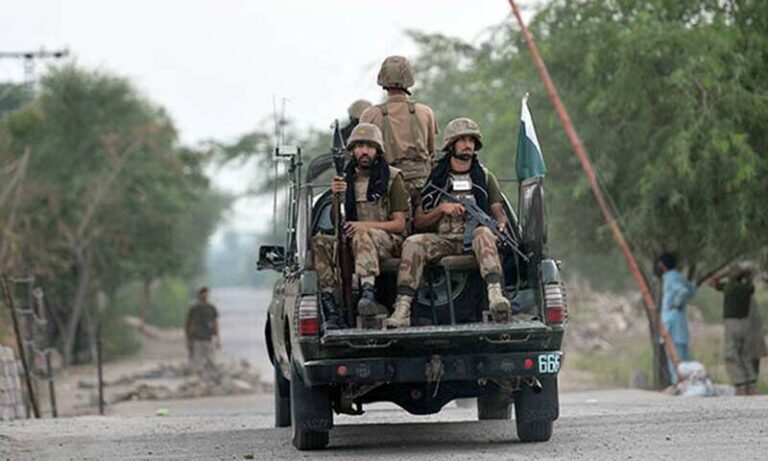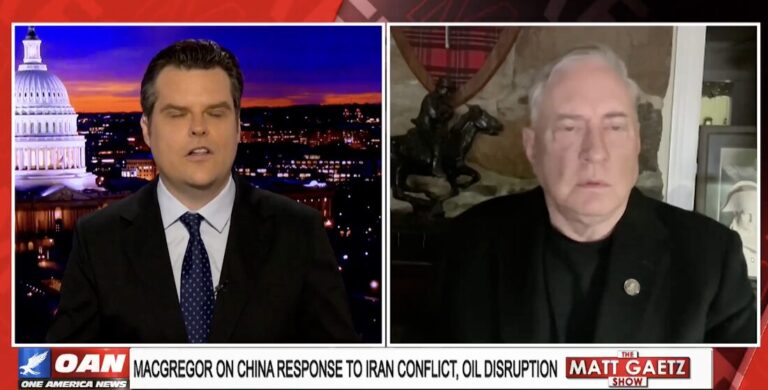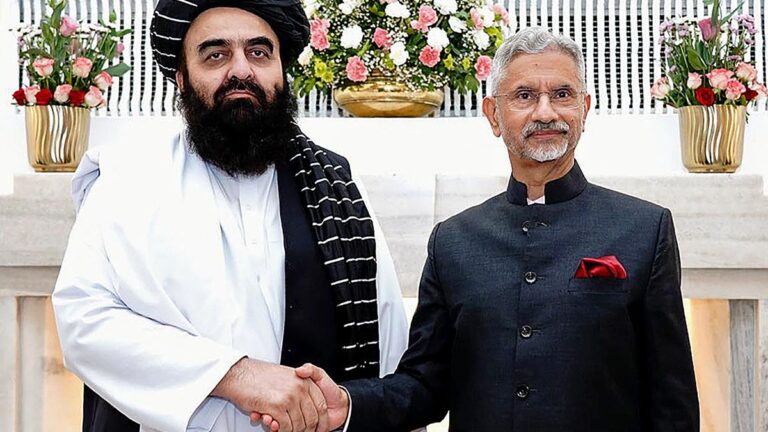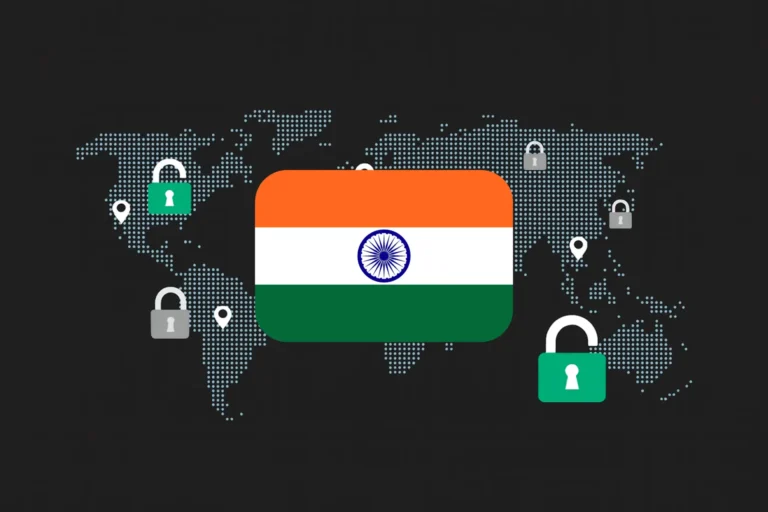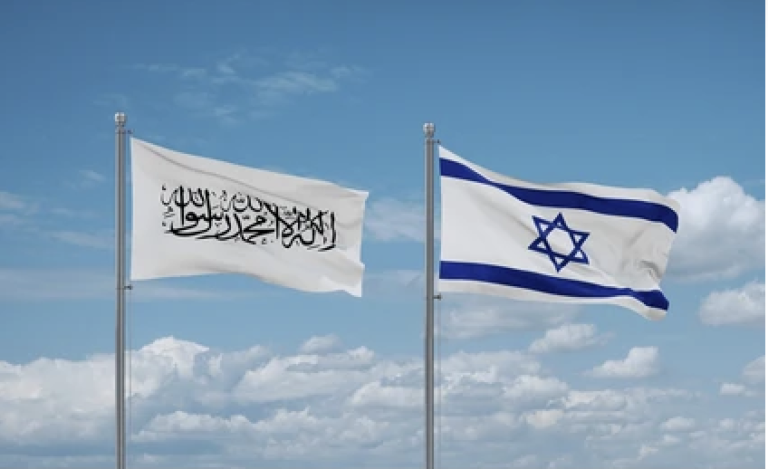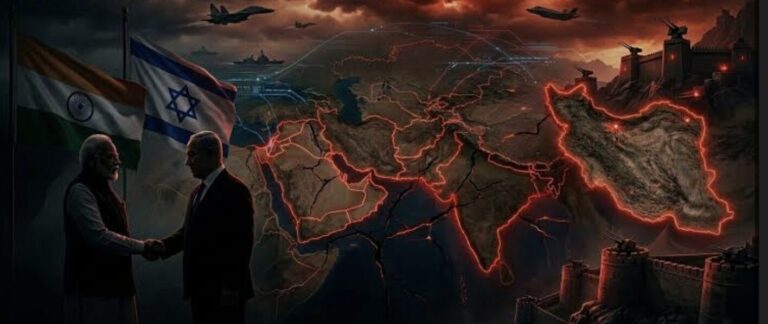Pakistan’s Preparedness Amid Rising Tensions with India

In a recent in-camera briefing at the state TV headquarters in Islamabad, Pakistan’s Director General of Inter-Services Public Relations (ISPR), Lieutenant General Ahmed Sharif Chaudhry, addressed political leaders, assuring them of the military’s readiness to respond to any potential aggression from India. This briefing was held amidst growing tensions between the two nuclear-armed neighbors following the tragic attack on tourists in the Indian-administered region of Pahalgam in Jammu and Kashmir, which resulted in the deaths of at least 26 individuals. The briefings, which included senior political figures, highlighted Pakistan’s unwavering position on its defense and security posture in light of the heightened hostilities between the countries.
The attack in Pahalgam occurred on April 22 and quickly became a point of contention between Pakistan and India. New Delhi blamed Pakistan for the attack, citing no substantial evidence to back its claims. In response, India initiated a series of punitive measures aimed at downgrading diplomatic and bilateral ties. These measures included suspending the Indus Waters Treaty, revoking visas for Pakistani nationals, and closing the Wagah-Attari border crossing. In retaliation, Pakistan expelled Indian diplomats and military advisers, imposed visa cancellations for Indian citizens, and shut down the main border crossing between the two countries. The Pakistani government has consistently denied any involvement in the Pahalgam attack and has called for a transparent and credible investigation into the incident.
Lieutenant General Chaudhry, during the briefing, emphasized that Pakistan’s armed forces were fully prepared to respond decisively if any aggression were to be imposed upon the country. While he reaffirmed Pakistan’s desire for peace and regional stability, he also made it clear that the nation would not hesitate to defend itself if necessary. The gathering underlined the national importance of maintaining a unified front when it comes to Pakistan’s security and diplomatic stance amid the tense situation.
Sources present at the briefing noted that much of the discussion revolved around the security situation in the wake of India’s accusations and the broader implications of the Pahalgam attack. The ISPR provided detailed insights into Pakistan’s military readiness and reassured political leaders that the country’s armed forces were fully equipped and prepared for any eventuality. In addition, the briefing underscored the importance of diplomacy and efforts by the Pakistani government to communicate its position on the international stage. Pakistan has consistently called for de-escalation and dialogue, but India’s stance in the aftermath of the attack has made it increasingly difficult to foster a meaningful diplomatic process.
The Indian accusations following the Pahalgam attack have added a layer of complexity to the already fragile relations between Pakistan and India. These tensions are particularly sensitive due to the ongoing territorial dispute over Jammu and Kashmir, which has been a point of conflict between the two countries for decades. The situation has been further exacerbated by the military standoff and the continued presence of nuclear arsenals in both countries, making the stakes incredibly high. The continued escalation of hostilities could have grave consequences not only for the two countries but for regional and global security as well.
Pakistan has consistently reiterated its commitment to regional peace and stability, emphasizing that its armed forces are always on alert but are committed to avoiding conflict unless absolutely necessary. The ISPR briefing also included a review of the diplomatic efforts that the government of Pakistan has undertaken to counter India’s accusations and to ensure that Pakistan’s perspective is communicated clearly at international forums. The Pakistani government has actively engaged with the United Nations and other global stakeholders, urging them to take a more active role in addressing the situation and ensuring that both countries remain on the path to peace and dialogue. The attendance of senior political figures at the briefing also demonstrated the broad political consensus on the need for a unified national response to the current crisis. This unity is particularly important in times of international tension, as it provides a clear and consistent message to both the domestic population and the international community regarding Pakistan’s stance.
Pakistan’s political and military leadership, while asserting the country’s defense readiness, also underscored the importance of diplomacy. The international community has an essential role in helping to de-escalate the situation, and Pakistan has urged global powers to encourage dialogue and hold India accountable for its actions. The diplomatic measures taken by Pakistan, such as expelling Indian diplomats and cutting visa ties, reflect the country’s willingness to defend its sovereignty while still leaving room for peaceful resolution through international channels.
Conclusively, the ongoing tensions between Pakistan and India, particularly in the aftermath of the Pahalgam attack, continue to pose a significant challenge to regional security. Pakistan’s armed forces remain on high alert, and the country’s leadership has demonstrated both a commitment to peace and the resolve to defend itself against any potential aggression. The collective response from the political leaders and the military indicates a national unity focused on securing Pakistan’s interests and ensuring regional stability. While the situation remains tense, Pakistan’s call for dialogue and a credible investigation into the Pahalgam attack reflects its continued dedication to finding peaceful solutions to the crisis.

